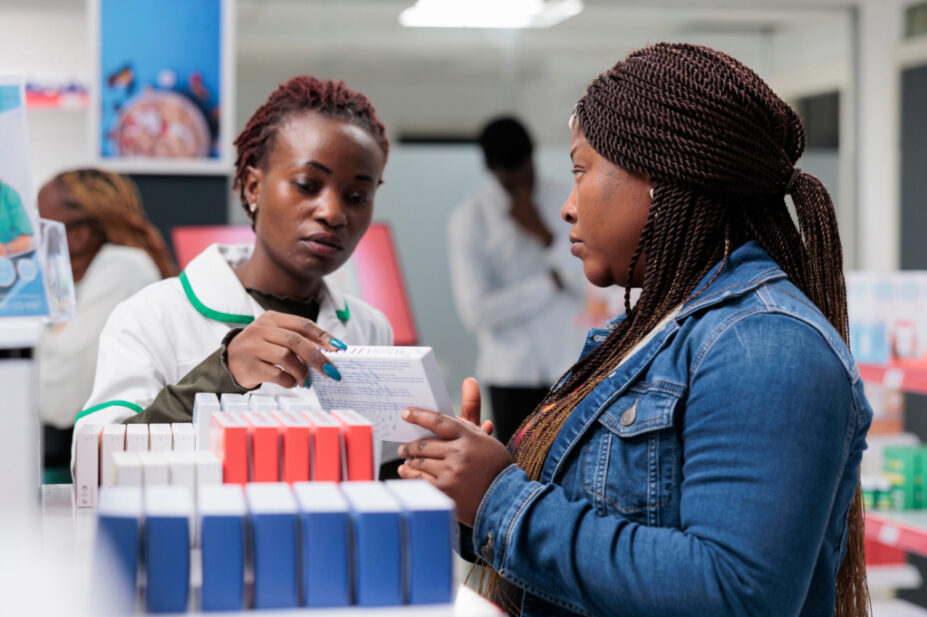
Shutterstock.com
A lack of training and support in how to care for patients who experience language barriers is leaving pharmacy professionals across sectors feeling “frustration, helplessness and anxiety”, according to new research.
The study, published in the spring 2023 edition of PM Healthcare Journal, surveyed 468 patient-facing pharmacy professionals across England to investigate how they feel when encountering language barriers with patients.
The results show that 77% of respondents feel that they would like further education and training on how to address and overcome language barriers.
In addition, 78% felt the quality of information shared with patients was reduced when there was a language barrier and 62% said that the quality of care was worse for patients who had experienced language barriers, compared with a patient who speaks English well.
However, only 55% of respondents said they had used language barrier services, such as telephone interpretation, to communicate with a patient.
The study found “a lack of clarity on when language barrier services should be used in NHS trust settings”, with “multiple interviewees [believing] that interpreters are reserved for medical consultations and should seldom be accessed by pharmacy”.
Study author Jay Patel, pharmacy project manager at Liverpool University Hospitals NHS Foundation Trust and regional facilitator for early career pharmacists (North West) at NHS England, said: “Delayed action or inaction from pharmacy can have a significant impact on patient wellbeing.
“Language barrier services should therefore be accessible to all pharmacy professionals [because] clarity on the correct way to use them across workplaces would ensure greater consistency of care.
“Without adequate resourcing into translation and interpretation services, the health inequalities that exist within our healthcare system will continue to grow,” he added.
A spokesperson for the General Pharmaceutical Council commented: “The ability to communicate effectively is paramount to ensure everyone is able to use the services they need, when they need them.
“We were fortunate to be able to discuss the report with the author, Jay Patel, before it was published, and we are looking forward to further conversations now it has been released.”
In March 2019, NHS England published guidance setting out the responsibilities for NHS commissioners to support patients in primary care who may need translation and interpretation support.
A spokesperson for NHS England said: “We welcome the further insight on the pharmacy professions experience of translation and interpretation services, are already in contact with the publications author, and will review how we can improve our NHS services and patients access to and experience of translation and interpretation services.”

Health inequalities
The Royal Pharmaceutical Society’s policy on health inequalities was drawn up in January 2023 following a presentation by Michael Marmot, director of the Institute for Health Equity, at the RPS annual conference in November 2022. The presentation highlighted the stark health inequalities across Britain.
While community pharmacies are most frequently located in areas of high deprivation, people living in these areas do not access the full range of services that are available. To mitigate this, the policy calls on pharmacies to not only think about the services it provides but also how it provides them by considering three actions:
- Deepening understanding of health inequalities
- This means developing an insight into the demographics of the population served by pharmacies using population health statistics and by engaging with patients directly through local community or faith groups.
- Understanding and improving pharmacy culture
- This calls on the whole pharmacy team to create a welcoming culture for all patients, empowering them to take an active role in their own care, and improving communication skills within the team and with patients.
- Improving structural barriers
- This calls for improving accessibility of patient information resources and incorporating health inequalities into pharmacy training and education to tackle wider barriers to care.


